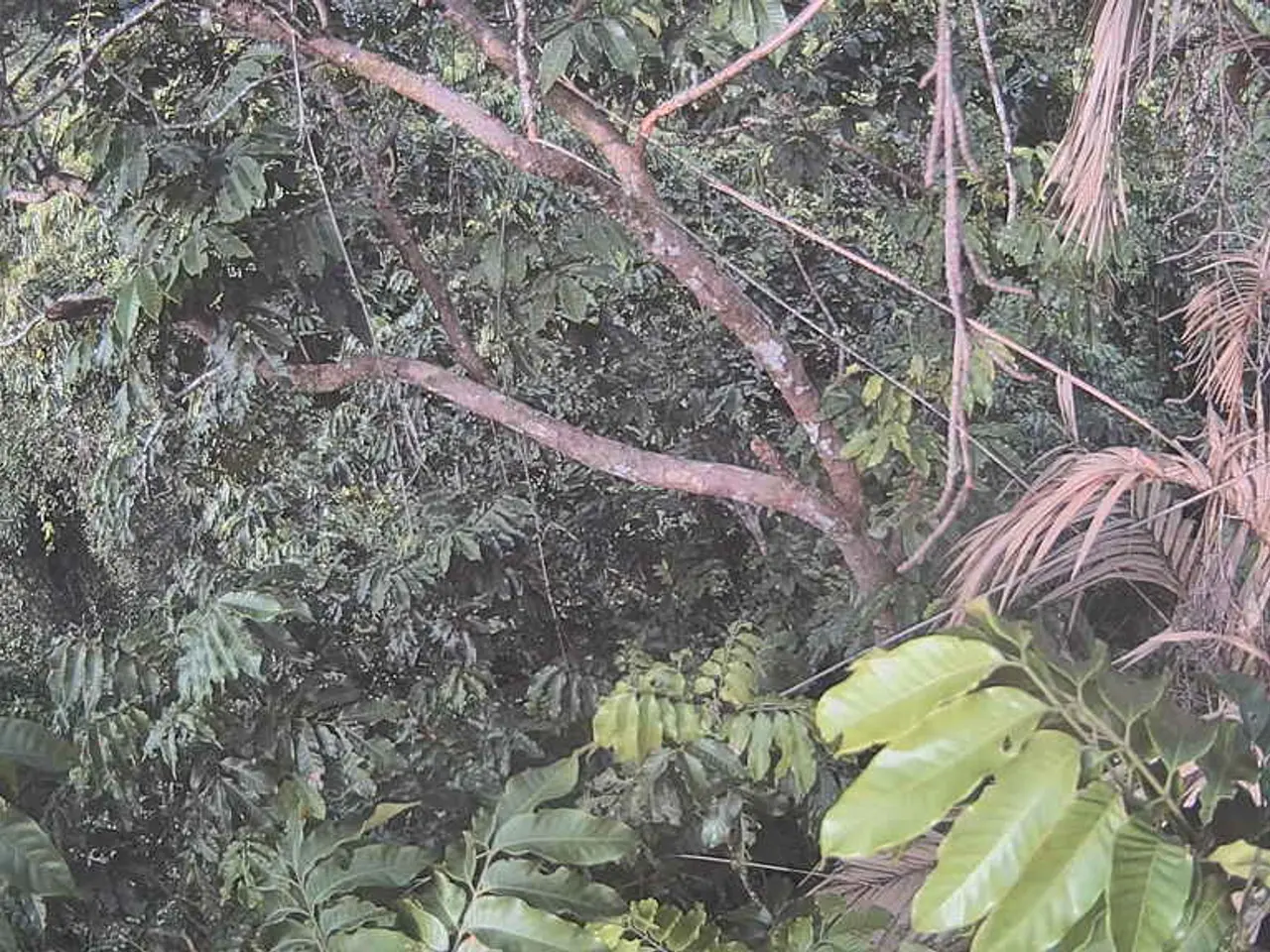Malaysia's Palm Oil Industry: Balancing Growth and Sustainability
Malaysia's palm oil industry faces a delicate balance between economic growth and environmental sustainability. Consumers worldwide play a pivotal role in driving demand for sustainable products, encouraging producers to adopt eco-friendly practices. Meanwhile, government intervention and conservation efforts strive to mitigate the industry's environmental impact.
Malaysia's palm oil production has led to significant deforestation, threatening biodiversity hotspots and contributing to carbon emissions. The conversion of rich, diverse forests into monoculture plantations reduces biodiversity and disrupts ecological balance, putting species like the Malayan tiger, orangutans, and the Bornean pygmy elephant at risk. Additionally, palm oil cultivation practices result in soil degradation and water pollution, impacting both terrestrial and aquatic life.
Organizations like the Forum Nachhaltiges Palmöl (FONAP) and the Roundtable on Sustainable Palm Oil (RSPO) work to reduce these environmental impacts through sustainable palm oil certification. FONAP, a multi-stakeholder partnership including companies, associations, NGOs, and the German government, collaborates with partners such as WWF Germany and Wild Asia on projects in Malaysia focusing on sustainable production methods and certification. However, enforcement and economic pressures remain challenges in implementing these sustainable practices.
Government intervention is crucial in regulating the palm oil industry, incentivizing sustainable practices, and penalizing environmental degradation. While the economic benefits of palm oil production are substantial, providing employment and contributing significantly to Malaysia's GDP, balancing economic growth with environmental sustainability is complex. Stricter regulations, sustainable certification, and alternative agricultural practices are essential to protect Malaysia's biodiversity hotspots and ensure the long-term viability of the palm oil industry.
Read also:
- Setting Up and Expanding Operations at a Soil Blending Facility
- Regional University's healthcare system strengthened through collaborative partnership with Chancellor Dr Fiona Hill
- Reminisced University Trustee David M. Flaum as a 'fervent advocate' for the University and community
- Getting Up to Urinate During Sleep Affecting Your Slumber Quality? Here's a Solution








